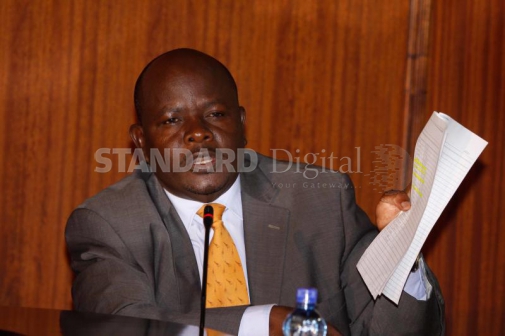
It is quite intriguing that David Ndii should be the point-man to advise on ethno-federalism in Kenya. Even more intriguing is that Dr Ndii, a key strategist of the NASA presidential candidate Raila Odinga, has chosen to talk secession when the former Prime Minister's petition challenging President Uhuru Kenyatta's re-election has been filed at the Supreme Court. Ndii is an Oxford University trained economist and arguably one of Kenya's foremost public intellectuals. He is credited for being the brainchild of Kenya's public finance ideology in the much-acclaimed 2010 Constitution. That adds curiosity to Ndii's secessionist talk.
But how does the question of ethno-federalism fit in with Kenya's socio-political challenges, whatever we may be going thorough as a country notwithstanding? Two significant societies – the United States and Nigeria – were formed through secessionist struggles staged 100 years apart. In both cases the secessionists triggered off a civil war that took a deep toll on their contemporary societies. Soon after Abraham Lincoln was elected president in November 1860, seven southern states seceded from the Union. In March 1861, after he was inaugurated as the 16th President of the United States, four more followed.